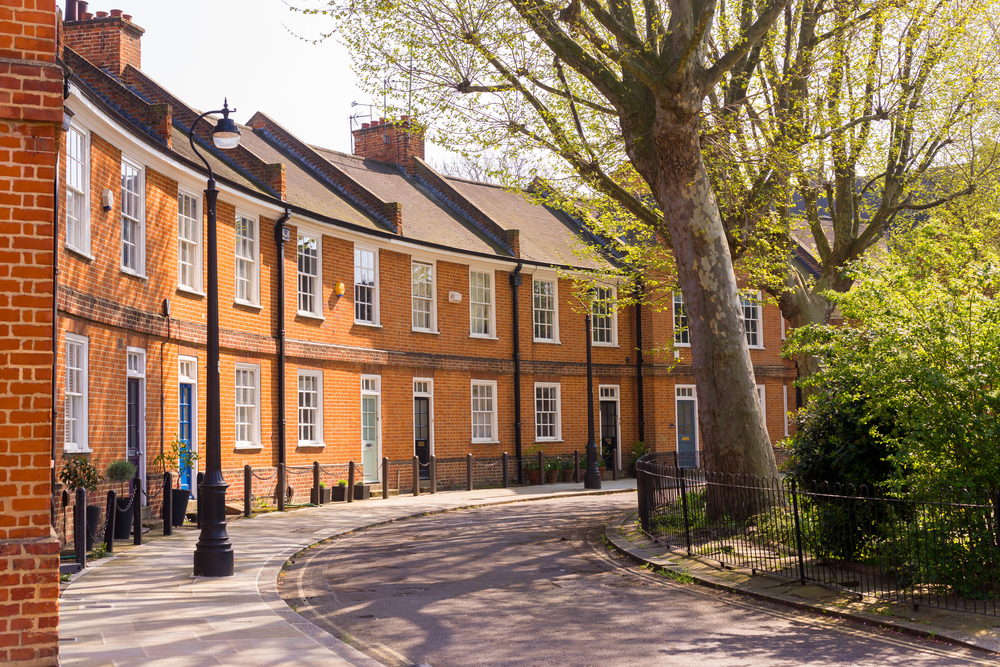For many would-be homebuyers the ideal home is a ‘period’ property, steeped in history, rich in character and full of an enticing array of original features.
 But whilst a Victorian terrace or Georgian townhouse may be the stuff of dreams, experts are warning they could also pose the threat of a ‘financial nightmare’.
But whilst a Victorian terrace or Georgian townhouse may be the stuff of dreams, experts are warning they could also pose the threat of a ‘financial nightmare’.
For, with less than a month until the energy price cap is due to increase by 80%, every household is facing a steep hike in bills. But, for those in a period property, the cost could be even higher.
Sarah Coles, senior personal finance analyst at Hargreaves Lansdown, said: “You might think a posh period property is your dream home, but in reality, owning one is becoming a financial nightmare.
“The age of a property is the single biggest factor in determining how energy efficient it’s likely to be.
“Almost all homes built since 2012 in England and Wales have a high energy efficiency rating – compared with 12% of those built before 1900 in England and 8% of those of the same age in Wales.
“The next most important factor is size. Flats and maisonettes are most likely to be in the most efficient bands and detached homes are the least likely to be. It means that big, detached Victorian homes are costing people dear.”
How your EPC will impact your energy bill
The warning comes after Nationwide’s chief economist, Robert Gardner, revealed how our homes’ energy efficiency rating would impact how much we would pay for our bills once the price cap comes into force on 1 October.
He explained the cap was on the unit priced charged, rather than the maximum bill, therefore a typical household was set to pay £3,545. But, for others the costs could be higher.
Nationwide looked at the impact of rising energy bills on different properties and found, following the April 2022 cap rise, the most energy efficient properties – those rated A to C on their Energy Performance Certificate (EPC) – paid £1,700 per year.
Meanwhile those with F to G ratings saw their bills rise twice as to approximately £3,900 per year.
From October it looks likely those with average bills for D-rate properties would see a rise of just over £1,250 a year, according to Nationwide’s calculations – even after taking into account the government’s £400 discount.
Here’s what homes in each band were likely to pay, on this same basis:
Homes with EPC ratings of A-C – bills will increase by £1,000 a year (or over £80 per month)
Homes with EPC rating D – £1,250 a year (just over £100 per month)
E-rated properties – bills will increase by over £1,700 per year (c. £150 per month),
F or G rated properties – £2,700 rise (£225 per month).
New PM: Will this make a difference
The new Prime Minister, Liz Truss, is expected to announce measures to tackle soaring energy bills when she officially takes up her position on Tuesday.
There has already been speculation she is considering a freeze on energy bills.
Sarah added: “This could apply to everyone, or just to those who need it most. There have been reports this is one of the options being worked up in Whitehall.
“If the government takes this option, it would need to wrestle with the question of how to pay for it – whether to fund it themselves through borrowing, support commercial loans for energy companies repaid through higher prices later, a windfall tax, or a redistribution of the £400 energy bill payment for all families.”
For expert tips on how to make your home more energy efficient, see this article.














